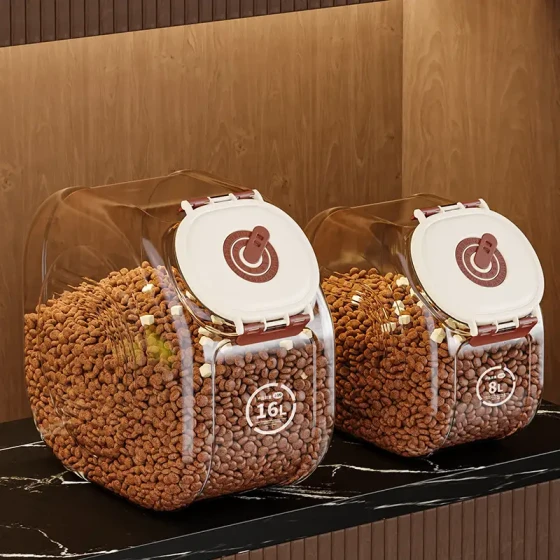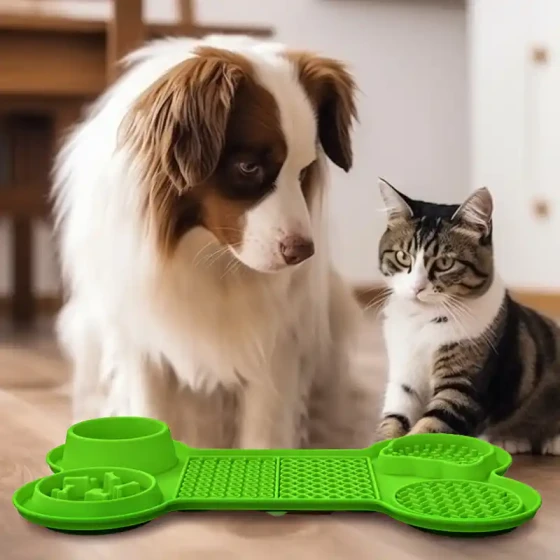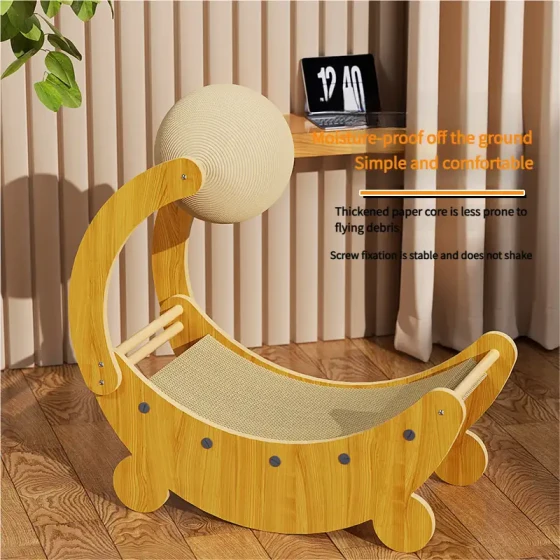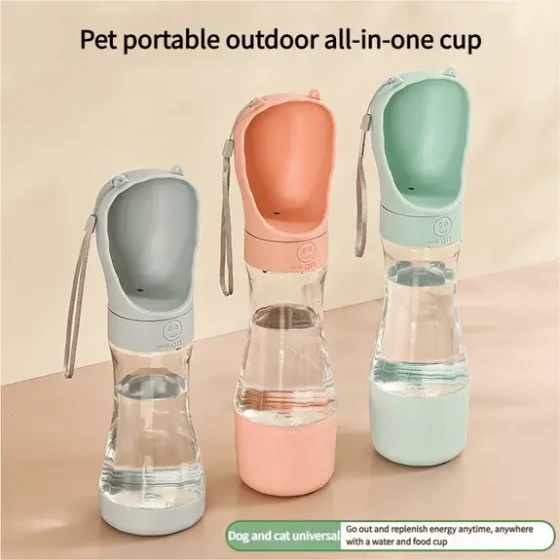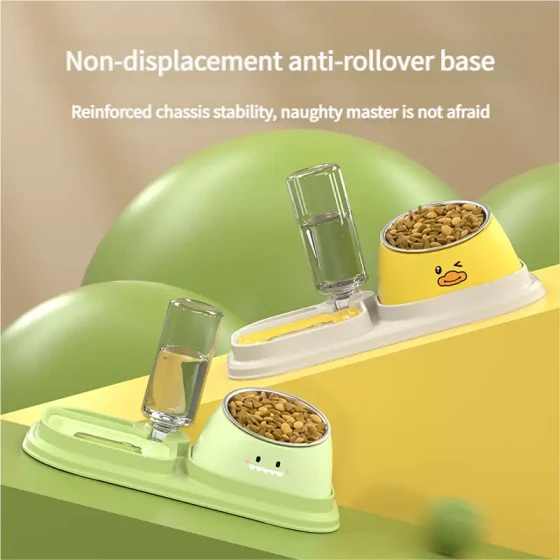The Expected Lifespan of Cats and the Risk of Sudden Death (Are There Warning Signs Before a Cat Suddenly Dies)
One of the worst experiences pet lovers may face is suddenly losing their beloved cat. Trying to understand a cat's sudden death is extremely painful. You want to know what happened, consider what you might have done differently, and determine if there were any health issues you didn’t notice. It is especially hard to understand when sudden death occurs in a young animal. In this article, we discuss some possible causes of sudden death in cats.
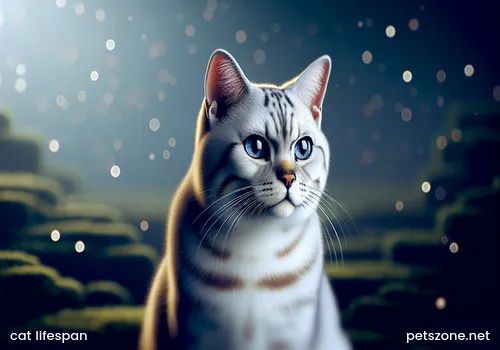
The Expected Lifespan of Cats and the Risk of Sudden Death
The expected lifespan of cats ranges from 14 to 22 years. There is a significant variation depending on the individual cat’s lifestyle. Lifespan may differ depending on whether a cat is strictly indoor, indoor/outdoor, or outdoor only.
Indoor cats have the longest expected lifespan, followed by indoor/outdoor cats. Outdoor cats tend to have the shortest lifespan due to exposure to toxins, trauma, animal attacks, and infectious diseases. Although this trend is a generalization, some outdoor-only cats have good genetics, a nutritious diet, and veterinary care, allowing them to live long lives.
Possible Causes of Sudden Death in Cats
There are many reasons why cats may die unexpectedly or suddenly.
An important thing to remember when considering diseases and death in cats is that cats are very good at hiding their illnesses as a survival strategy. This means cats can be sick for a long time before anyone realizes it. This is especially true for those living with cats daily who might not notice subtle changes like weight loss, shedding, increased sleep, or dull fur. As our cats age, we might assume symptoms like weight loss, reduced activity, and/or lethargy are due to aging rather than illness.
Causes of sudden death in cats include:
- Trauma. This is more common in outdoor cats but can occur in any animal. Examples of trauma include being hit by a vehicle, attacked or bitten by dogs or other animals, gunshot wounds, falls, or random injuries such as being crushed under a lounge chair. For more information, read about trauma and injuries in cats.
- Toxins. Ingestion and/or exposure to toxins and drugs are more common in outdoor cats but can also happen indoors. Common toxins include antifreeze, lilies, medications containing acetaminophen, toxic plants like Easter lilies, and ingesting rodent poison. For more information on toxins, visit toxins in cats.
- Heart disease. Heart disease can have almost no warning signs. Some cats may have a history of heart murmurs, but others may have no history of problems or symptoms. Some cats show subtle symptoms such as playing less, sleeping more, decreased appetite, weight loss, or rapid breathing. It is common for cats to appear healthy and show signs only rapidly in severe cases. Cats with heart disease may have difficulty breathing or using their hind legs, which can cause painful vocalization. Some cat owners might only discover their cat is dead with no prior symptoms. The most common heart disease in cats is hypertrophic cardiomyopathy (HCM), a condition causing abnormal thickening of the heart muscle. Heartworm disease in cats can also cause sudden death.
- Heart failure. When heart failure occurs, it means the heart can no longer keep up with the body’s normal demands and function. This usually leads to fluid accumulation in the lungs, called pulmonary edema. The most common root cause of heart failure is hypertrophic cardiomyopathy. Signs of heart failure typically include mild loss of appetite, reduced normal activity, and increased respiratory rate. Some cats breathe rapidly to the point of panting; cats carefully hide their signs until they reach a sudden and life-threatening heart failure stage.
- Heart attack. "Heart attack" is a term commonly used for people with myocardial infarction (MI), usually caused by coronary artery disease. The myocardium is the heart’s muscular tissue that receives nutrients and oxygen from the coronary arteries. The coronary arteries are small vessels in the myocardium supplying blood from the aorta (the body’s main artery). A heart attack occurs when the muscle does not receive its normal blood supply. Learn more about heart attacks in cats.
- Blood clots. Blood clots, also called thromboembolism, can be caused by many different health problems, including heart disease in cats. Blood clots can block vessels in the brain, lungs, or hind legs, causing sudden death.
- Chronic kidney disease. Chronic renal failure (CRF) is a very common problem in cats. When the kidneys fail, they can no longer clear waste products leading to toxin buildup in the blood. As kidney disease progresses, clinical symptoms of kidney disease develop including weight loss, reduced appetite, vomiting, and lethargy. Some cats with kidney disease also have increased thirst and urination. This is most common in older cats but can occur at any age. For more information, read about chronic kidney disease in cats.
- Feline urinary obstruction. Feline urinary obstruction (UO) is an acute blockage of the urinary tract. Although this disease can affect any cat, it is most common in males. This is also called "blocked cat." Typical signs include straining to urinate and crying out. If untreated, most cats die within 72 hours. For more information, visit feline urinary obstruction.
- Feline stroke. "Stroke" is a term commonly used for cerebrovascular accidents (CVA) caused by brain blood vessel disease. A stroke is caused by interrupted blood supply to the brain, preventing nerve impulses from passing from the brain to other parts of the body. These symptoms appear rapidly and can cause sudden death. Signs of stroke include difficulty walking, weakness, falling to one side, paralysis on one side of the body, and/or seizures. Click here for more about feline stroke.
- Infection. Severe infections, often called sepsis, can cause a range of symptoms in cats including lethargy, loss of appetite, weight loss, dehydration, fever, and sudden death.
- Shock. Shock is defined as a severe life-threatening syndrome causing low blood pressure and may lead to death. It may be caused by allergic reactions, heart damage, severe infections (sepsis), trauma, blood loss, toxins, fluid loss, and spinal cord injury. Cats in shock can die quickly, and this may manifest as sudden death.
- High blood sugar in cats. Severe symptoms caused by uncontrolled diabetes can lead to weakness, lethargy, vomiting, coma, and death. Learn more about diabetic ketoacidosis (DKA) in cats.
- Low blood sugar. Hypoglycemia, also called low blood sugar, can cause lethargy, weakness, seizures, and sudden death. This may be a negative consequence of diabetes, trauma, and/or various infections.
While it is difficult to understand losing a beloved cat, especially at a young age, it does happen. There have been reports of young athletes with no previous health problems who suddenly died during exercise or a "fit and healthy" person in their 40s who went for a jog and died after a fall. Cats can also die suddenly, which can be equally devastating and seemingly without reason.
